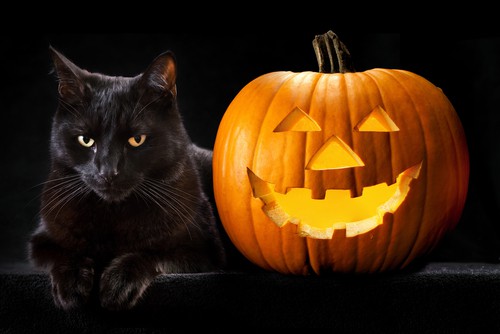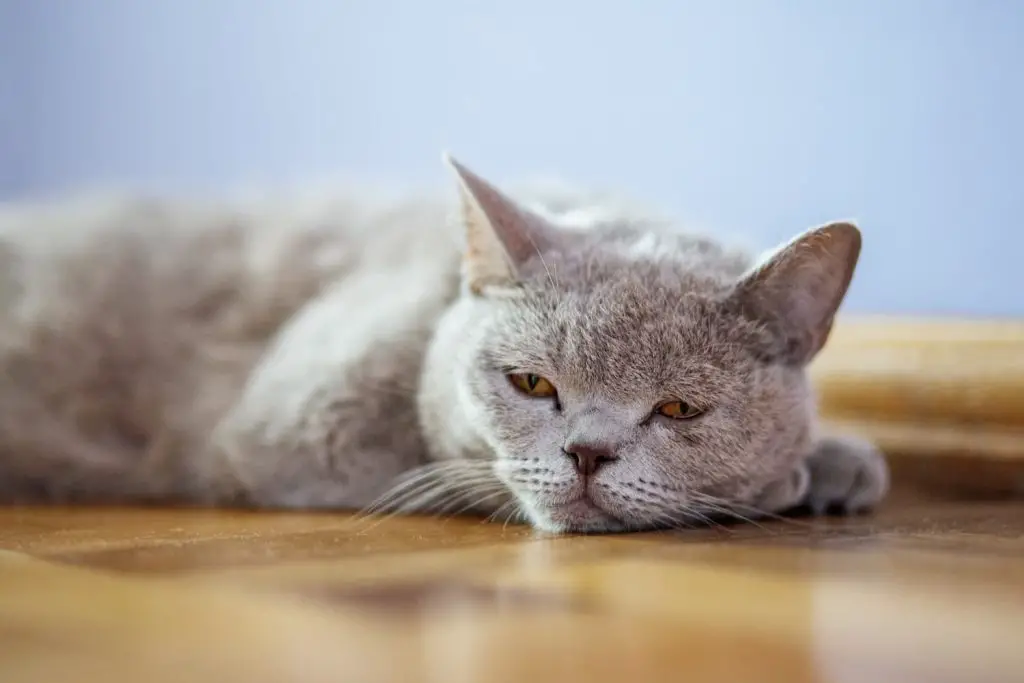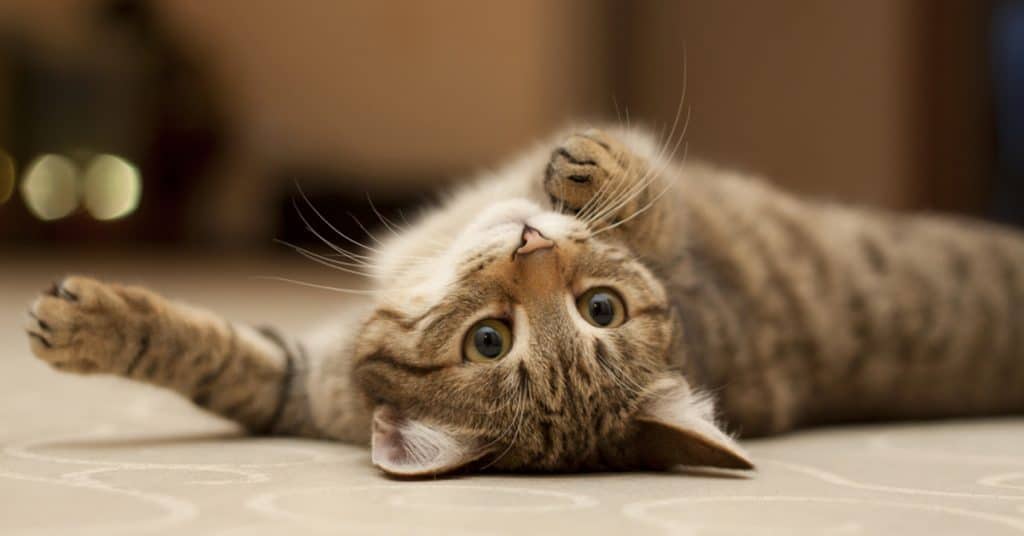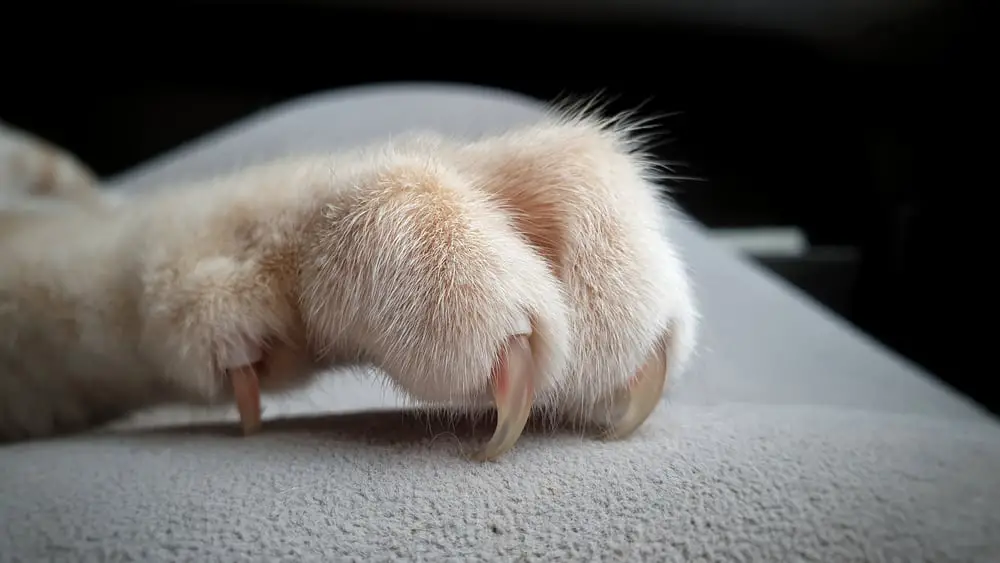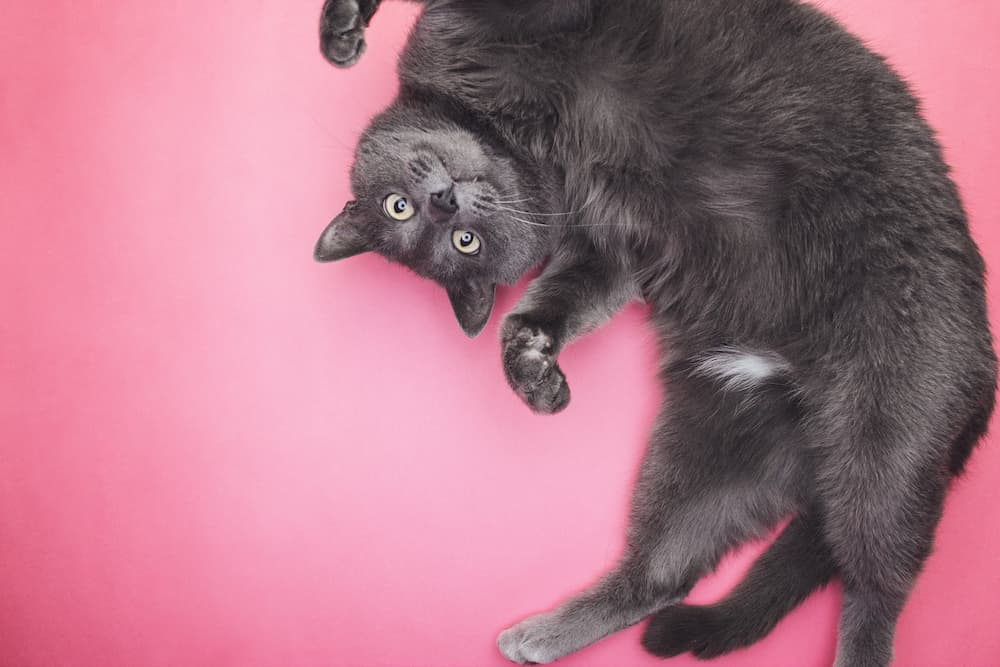Cats are remarkable creatures, and while we often marvel at their agility, independence, and mysterious demeanor, there’s one aspect of their anatomy that deserves closer attention – their teeth. Often overlooked but essential for their health and well-being, a cat’s teeth are not only tools for hunting and grooming but also indicators of their overall health.
In this article, we’ll bite into the world of feline dentistry and explore five fascinating facts about your cat’s teeth that may surprise you. From their unique dental structure to the importance of dental care, join us on a journey to uncover the mysteries behind your cat’s pearly whites.

1. Cats have 26 baby teeth and will have a total of 56 teeth in a lifetime

If you have had a kitten in your life, you know that kitten teeth are perhaps the most formidable of weapons. Razor-sharp and incredibly strong, your kitten will eventually lose all 26 of his teeth and they will be replaced by 30 brand new adult teeth that are even more razor-sharp and much stronger!
Chances are very good you’ll never find your kitten’s baby teeth, because usually, the adult teeth push the little ones out so the replacement time is very quick. The lost teeth are either swallowed or stuck in a toy or lost forever in the carpet. But, if you do happen to find your cat’s baby tooth, save it – some say it’s good luck!
2. Each tooth has a specific job

Every cat has:
- 4 canines (2 upper, 2 lower): these are the fangs on your cat – they are designed to grip food and kill prey quickly. They sit in a nest of nerves that help your cat sense what they are grasping and where to bite for the quickest kill.
- 12 incisors: these grasp the prey or food tightly to help avoid any lost meals.
- 10 premolars (4 lower, 6 upper): These sit right behind the canines and they help to cut and chew food.
- 4 molars (2 upper, 2 lower): They don’t have much need for molars (which are generally used to grind and chew plant matter) because they are completely carnivorous.
3. Bones are their toothbrushes

In the wild, cats rely on the bones of their prey to clean their teeth. As they strip flesh away from bodies, their teeth scrape over the bones of their prey, which helps keep teeth pretty clean. However, since we domesticated them, they require us to spend more time on their teeth.
That’s why it’s important to get your cat to a veterinarian for his or her annual cleaning and to establish an at-home dental care routine for your feline friend. One of the most effective means of avoiding dental disease is to brush your cat’s teeth at home using a toothbrush and toothpaste made especially for cats. Never use human toothpaste – it could actually contain ingredients that are toxic to your cat.
If your cat isn’t a fan of the toothbrush, there are other ways to keep your kitty’s teeth clean, including toys that are specially designed to help clean your cat’s teeth, feeding a high-quality diet, and by offering dental cleaning cat treats, oral gels, water additives, and supplements for dental health.
4. Dental health indicates regular health

You can’t be an apex predator and show signs of weakness – that’s why cats are notorious for their ability to hide pain. It’s also why you need to pay close attention to your cat’s mouth. Signs that your cats have dental problems include bad breath, a reluctance or loss of interest in food, a decrease in appetite, and excessive drooling.
If your veterinarian finds a problem, it’s important to get it taken care of quickly. The good news is that cats can live totally normal lives without many teeth, especially since they don’t really have to chew their food (and, in fact, they rarely do). That’s also why a good diet is very important to your cat’s health.
5. Cats rely on us for dental care

Watch over your cat for signs of dental problems. Their teeth are the first and last line of defense when it comes to their health. Diseases often show up in the signs of mouth ulcers or bad breath, and a cat cavity can have an immediate effect on your cat’s weight since their mouths are so sensitive. Get your cat in for regular checkups and stop problems before they occur.
Did you find this article helpful? Pin it!



